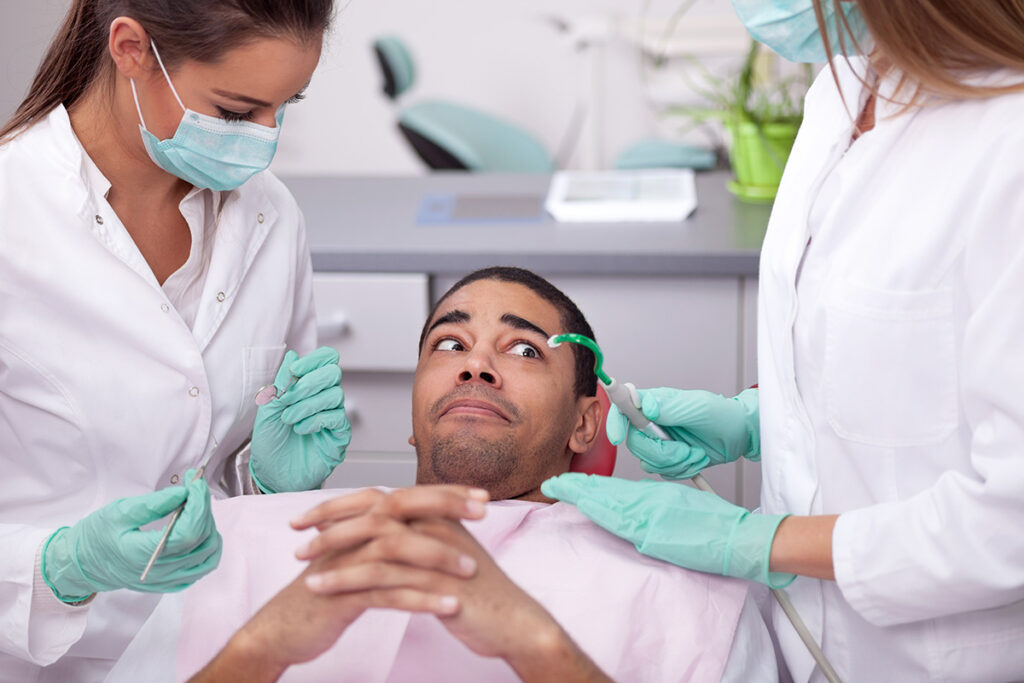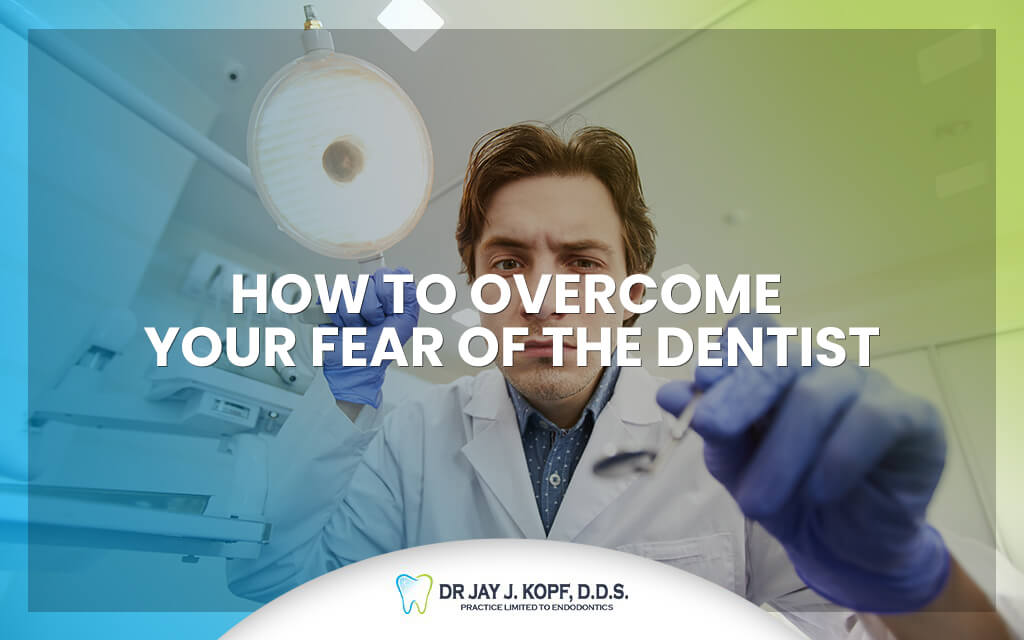Dentophobia (odontophobia), or fear of the dentists, is a common phobia among people of all ages. This phobia may be related to some other phobias such as fear of the doctor, or fear of needles. Dentophobia can be mild or severe, and can eventually lead to serious health problems. Before you try to get rid of this problem, and before you try to alleviate the symptoms, you need to know where it comes from and what its cause is.
Overcoming the fear of dentists
Start by calling dental practices recommended by friends or family. Feel the personality of the office over the phone before you go to the office.
After you have talked to all your future dentist, make an appointment.
Take a friend or family member with you. A little support and understanding will come in handy. Think about what will distract you from your fear. Also, talk to your dentist just before your checkup to further relax.
Fear of pain and discomfort
This usually results from a previous traumatic experience. Thanks to modern techniques and advances in the dental industry, most of today’s dental procedures are significantly less painful or even painless. That shouldn’t scare you anymore.
Fear of the unexpected
Talking about your upcoming treatment can help you relieve tension and better cope with feelings of ‘lack of control’ and fear of the unexpected. Ask your dentist to explain what he or she will do during the procedure to mentally prepare you for what you will experience.

Be aware that your fear of dentists is normal
There is no reason to be embarrassed by the fear of the dentist. Many people around the world share this phobia. Irregular visits to the dentist can lead to caries, abscesses, broken or missing teeth and bad breath. Some of these conditions can harm your social life or worse, your physical health, because infections you may not have noticed can affect you. Therefore, because of your health and your appearance, decide to overcome this fear.
Discover the cause of your fears
Identifying the source of your dental phobia can help you take proactive steps to overcome your fear of the dentist.
Practice relaxation techniques
Relaxation exercises can help you stay calm during treatment. This will help you relax your muscles and slow down your heart rate. One way you can relax is controlled breathing, which involves taking a big breath and exhaling very slowly.
Seek the help of a psychologist
If your fear is so intense, and none of the above advice has worked on you, consider consulting a psychologist. Psychologists specialize in dealing with phobias, and always have plenty of tips to help you.
Make sure sedatives are appropriate
Some sedatives include local anesthetic, nitric oxide, and oral or IV sedation. Discuss with your dentist if sedatives are recommended, and if so, which will work best for you. Sedation can be applied to keep the patient calm and relaxed during treatment.




